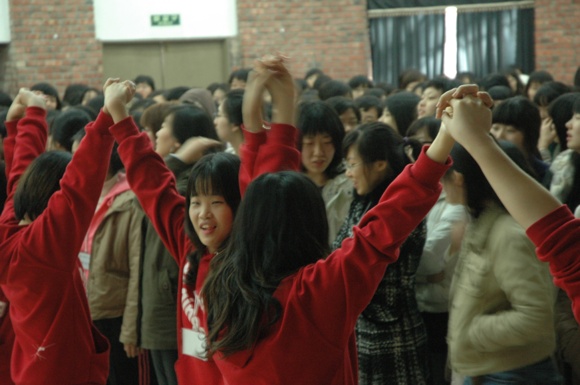
Finding a friend in university is a little different from doing so in high school. As many freshmen in the past have had difficulty forming good relationships with their peers, the
Starting this year, the
Professor Lee Yong-hah (Mathematics Education), who is in charge of the mentoring project, says that this program was launched after listening to students’ opinions from each college. Lee says that most of the students and also many professors expressed much over the weak relationship between juniors and seniors. As a solution, therefore, this mentoring program aims to form a strong network among Ewha students. Whether to expand the project will be decided based on this year’s results. Freshmen who are interested should apply for the mentoring program by March 19 at the
Other programs for freshmen are prepared by each college’s student council to greet new students. An orientation to their college is the biggest annual event organized for freshmen. Staying together for one to two days in a place far from home, students get information about each major in their college, learn how to register for classes, and meet students and professors. While talking, eating, and sleeping together with other freshmen roommates, friendships naturally flower.
As each college is different in size and in characteristics, orientation programs also vary in many ways. This year’s student council in the
To give a better understanding of everyday life at Ewha, Division of International Studies’ student council made brochures and handed them out to freshmen on orientation day. These brochures contain specific information on how to register classes, how to make student identification cards, and what clubs there are, and even have lists of the best restaurants and cafes near Ewha.
Some colleges that could not go to an orientation before class registration thought of other ways to help freshmen. The
For students who are used to the high school homeroom system, student councils have also adopted a college homeroom class system. This allows students in large colleges to become acquainted with a smaller number of students in a “home-room” class.
One well-organized home room class system is in the
Communication among freshmen and seniors is also active in cyberspace. The Cyworld club for
Even with orientations and mentoring programs to help, those looking for many friends may want to try an active and personal approach. According to the survey conducted among Ewha students, most students who answered they have more than 15 friends at Ewha said they approach other people first when they want to meet a new person.

